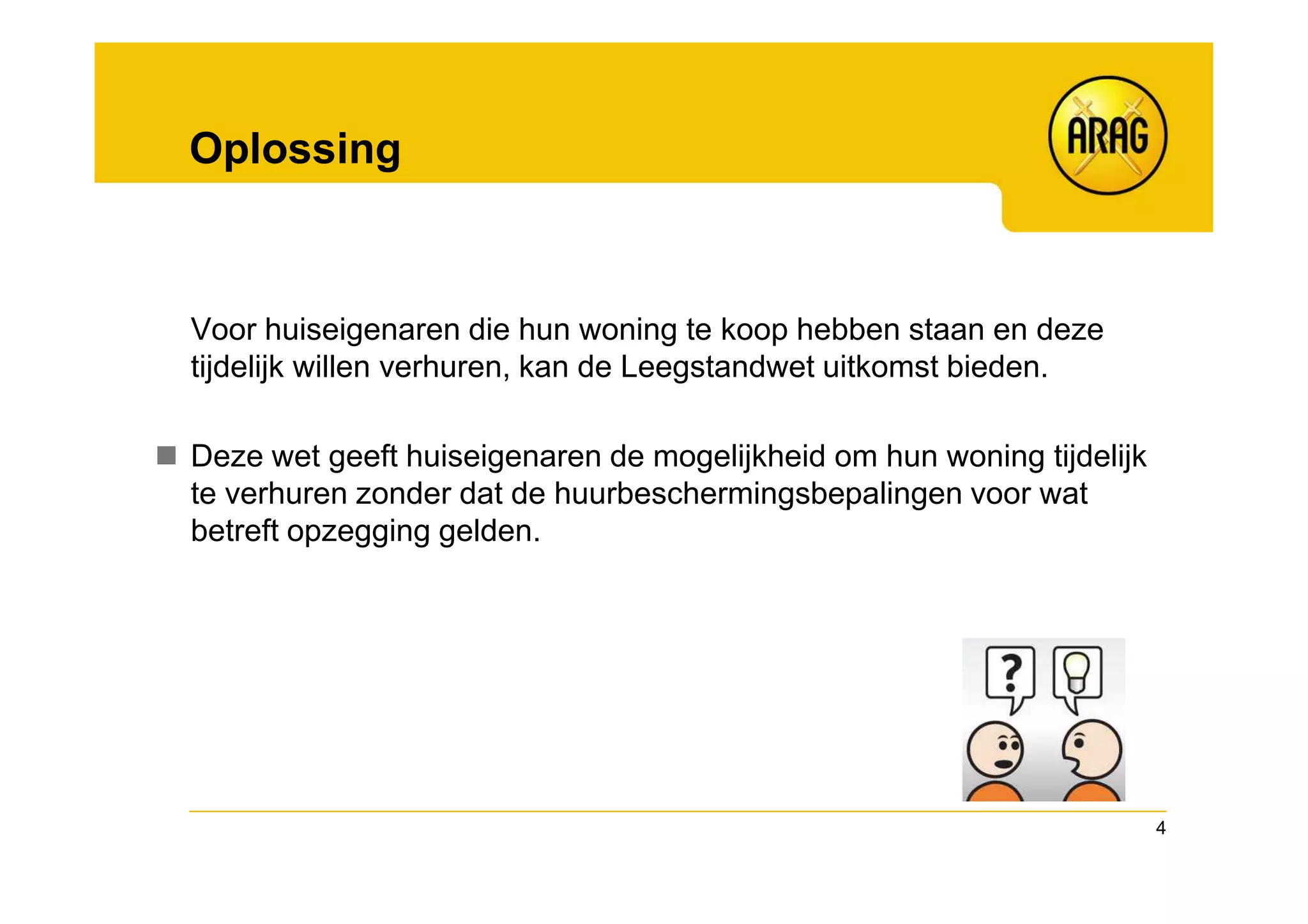Navigating The Chinese Market: BMW, Porsche, And The Complexities Of Doing Business In China

Table of Contents
Understanding the Chinese Consumer
The Chinese consumer is not a monolith; understanding their nuances is crucial for success in the Chinese market. Their preferences are constantly evolving, demanding a flexible and adaptive approach from businesses.
Shifting Consumer Preferences
The demands of Chinese luxury car buyers are rapidly changing. This dynamic necessitates a keen understanding of current trends to stay competitive.
- Growing demand for EVs: Environmental awareness and government incentives are fueling a surge in demand for electric vehicles. Luxury brands must offer competitive EV models to remain relevant.
- Importance of digital marketing and social media: Reaching Chinese consumers requires a strong online presence. WeChat, Weibo, and other social media platforms are essential for effective marketing campaigns.
- Desire for personalized experiences: Luxury buyers in China expect highly personalized services, from bespoke vehicle configurations to tailored after-sales support.
- Emphasis on brand prestige and social status: Luxury car purchases often signify social status and success. Brands must effectively communicate their prestige and exclusivity.
Regional Variations
China's vast geographical expanse and economic disparities create significant regional variations in consumer preferences. A one-size-fits-all approach is unlikely to succeed.
- Tier-1 city vs. Tier-2 and Tier-3 city consumer differences: Tier-1 cities like Beijing and Shanghai have higher purchasing power and different expectations compared to smaller cities.
- Impact of cultural nuances and regional tastes: Cultural nuances and regional preferences must be considered when designing marketing campaigns and product offerings.
- Tailoring marketing strategies to specific regions: A targeted approach, adapting marketing messages and product features to suit specific regional tastes, is essential.
Navigating Regulatory Hurdles and Government Policies
The Chinese government plays a significant role in shaping the automotive market, imposing regulations that directly impact international players. Understanding and adapting to these regulations is critical for success.
Import Tariffs and Taxes
High import duties and taxes significantly impact the profitability of imported vehicles. Strategies to mitigate these costs are crucial.
- Strategies for minimizing import costs: Optimizing supply chains, negotiating favorable trade agreements, and exploring alternative import routes are key strategies.
- Localized manufacturing as a solution: Establishing local manufacturing facilities can significantly reduce import costs and increase competitiveness.
- Potential benefits of Free Trade Agreements: Leveraging free trade agreements can help to reduce tariffs and improve market access.
Environmental Regulations and Emission Standards
China is increasingly stringent in its environmental regulations and emission standards. Meeting these standards is not optional but mandatory.
- The push for electric vehicles: The government strongly supports the development and adoption of electric vehicles, making it crucial for manufacturers to invest in this sector.
- Compliance with emission standards: Strict adherence to emission standards is crucial to avoid penalties and maintain a positive brand reputation.
- Investment in green technologies: Investing in green technologies and sustainable manufacturing practices is essential for long-term success in the Chinese market.
Local Content Requirements
Regulations often mandate the use of domestically sourced parts and components in vehicle manufacturing.
- Joint ventures with Chinese companies: Collaborating with local companies can help fulfill local content requirements and gain valuable market knowledge.
- Establishment of local supply chains: Building robust local supply chains ensures the availability of necessary components and reduces reliance on imports.
- Strategies for fulfilling local content requirements: A thorough understanding of local content requirements and proactive planning are vital for compliance.
Building Brand Loyalty and Trust in the Chinese Market
Building brand loyalty and trust is paramount for success in the competitive Chinese market. This requires a multifaceted approach.
Effective Marketing and Communication
Tailored marketing campaigns that resonate with Chinese consumers are crucial.
- Leveraging social media platforms like WeChat and Weibo: These platforms are essential for reaching target audiences and building brand awareness.
- Utilizing celebrity endorsements: Celebrity endorsements can significantly boost brand visibility and credibility.
- Creating localized marketing messages: Marketing messages must be culturally sensitive and resonate with local preferences.
- Importance of building a strong online presence: A strong online presence is essential for establishing credibility and building customer trust.
After-Sales Service and Customer Relationship Management
Exceptional customer service is crucial for building long-term relationships with Chinese consumers.
- Establishing robust after-sales networks: A comprehensive network of service centers is essential to provide timely and efficient after-sales support.
- Providing multilingual support: Offering multilingual support ensures effective communication and enhances customer satisfaction.
- Offering personalized customer service: Personalized customer service demonstrates a commitment to customer satisfaction and builds brand loyalty.
- Utilizing CRM systems for efficient customer management: Efficient CRM systems help manage customer interactions and enhance customer experience.
Public Relations and Managing Brand Reputation
Proactive public relations and reputation management are crucial for addressing any negative publicity.
- Building strong relationships with media outlets: Positive relationships with media outlets can help manage brand reputation and counter negative narratives.
- Engaging with online communities: Engaging with online communities helps to address concerns and build trust.
- Responding promptly to customer feedback and complaints: Promptly addressing customer feedback and complaints demonstrates a commitment to customer satisfaction.
Conclusion
Successfully navigating the Chinese market requires a deep understanding of the unique cultural landscape, consumer preferences, and regulatory environment. Luxury brands like BMW and Porsche demonstrate the potential for success, but their strategies highlight the need for significant adaptation and investment. By carefully considering the factors outlined in this article – from understanding Chinese consumer behavior to navigating regulatory complexities and building brand trust – businesses can increase their chances of thriving in this dynamic and lucrative market. To learn more about navigating the complexities of the Chinese market and developing a successful market entry strategy, contact us today for expert advice. Don't miss out on the opportunities presented by this vast and growing Chinese market.

Featured Posts
-
 Edmonton Oilers Leon Draisaitl Suffers Injury During Game
May 09, 2025
Edmonton Oilers Leon Draisaitl Suffers Injury During Game
May 09, 2025 -
 3 000 Babysitting To 3 600 Daycare One Mans Expensive Childcare Struggle
May 09, 2025
3 000 Babysitting To 3 600 Daycare One Mans Expensive Childcare Struggle
May 09, 2025 -
 Handhaven Van De Relatie Brekelmans India Kansen En Risicos
May 09, 2025
Handhaven Van De Relatie Brekelmans India Kansen En Risicos
May 09, 2025 -
 Indias Rise Power Rankings And Global Influence
May 09, 2025
Indias Rise Power Rankings And Global Influence
May 09, 2025 -
 Federal Reserve Holds Steady Assessing Inflation And Employment Data
May 09, 2025
Federal Reserve Holds Steady Assessing Inflation And Employment Data
May 09, 2025
